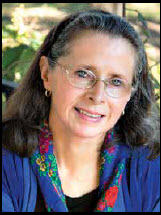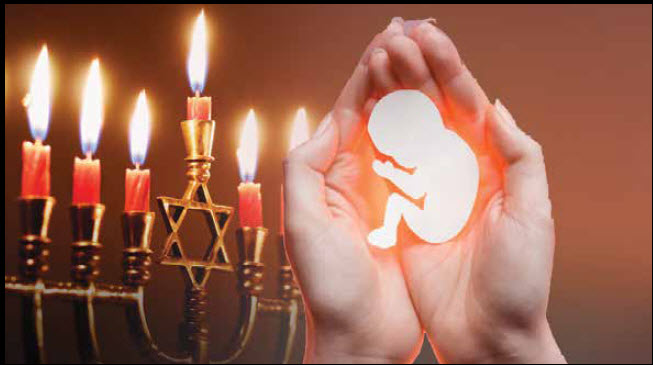
By: Ali Elizabeth Turner
Hanukkah 2021 is nearly over, this year having begun on Sunday the 27th, just after Thanksgiving. I will admit that it kind of snuck up on us, and we had to scramble to celebrate two holidays back-to-back. But it was worth it, and I’ll tell you why: the middle of Hanukkah week kicked off a Supreme Court case that to many folks personifies the whole reason why we celebrate in the first place the supernatural bringing forth of light and life in impossible circumstances.
On Wednesday, December 1, 2021, opening arguments in an abortion case were made before the Supreme Court which could well serve to overturn the most dreadful ruling in the history of the United States, one which convinced a culture that it is okay to kill its progeny. Roe v Wade has robbed us of more than ten times the number of souls who perished in the Holocaust, and with whose deadly long-term effects we will wrestle for generations. The case in question is that of Mississippi’s abortion ban after 15 weeks, and whether it is constitutional. And, I don’t think NBC News was at all happy to report that the “US Supreme Court signals willingness to uphold Mississippi law that would ban nearly all abortions after 15 weeks of pregnancy, which would represent a dramatic break from 50 years of rulings.”
From the progressive/liberal side of SCOTUS judicial philosophy, Justice Sonia Sotomayor’s thoughts were predictable: “Will this institution survive the stench that this creates in the public perception that the Constitution and its reading are just political acts?” From the conservative side, Associate Chief Justice Clarence Thomas makes no bones about wanting to see Roe and Casey overturned completely. On another day, Thomas said, “Our abortion precedents are grievously wrong and should be overruled.” On Wednesday, he asked what specifically stated constitutional right protects abortion. Anyone with any intellectual honesty on either side of the argument will have to concede that none exists.
So, what does this case have to do with Hanukkah, the Feast of Lights, or Christmas, the celebration of the birth of Christ our Savior? Well Hanukkah was born in an era when a tyrant robbed Israel of life and light, and God supernaturally sustained the light of the menorah for eight days after the temple had been desecrated and Jews were slaughtered by the thousands. No doubt Antiochus hoped for darkness in the temple, instead he got light. And eventually, the Light of the World came to displace the idea that life has no protected purpose, and more importantly, all innocent life was worth dying to protect. Incidentally, while not commanded as one of the original Levitical feasts, Jesus (Yeshua) celebrated Hanukkah, and our family has found it to be one of the best parts of the holiday season.
As it pertains to the birth of Christ, life was brought forth supernaturally and protected from yet another angry king, who also did his fair share of slaughtering the innocent. I have always loved the Spanish word for giving birth, “dar luz,” which literally means to “give light.” Mary gave light; Yeshua is the Light. Joseph, the angels, the Magi, Anna, and Simeon protected, blessed, and prophesied over that Light that came forth in impossible circumstances 2,000 years ago. And I hope we as a nation are coming away from a half-century of calling light darkness and darkness light.







